

With assistance of the BMZ – Federal Ministry for Economic Cooperation and Development DGRV implements a co-operative development project in Kenya since 2017.
Within the framework of this project, DGRV promotes in particular access to educational opportunities and training for Co-operatives. Local project partners and national stakeholders also regard these training measures as a central element in the sustainable development of cooperative enterprises.
As confirmed by a comprehensive study targeting various relevant stakeholders of Co-operatives, a lack of comprehensive information, Co-operative education and management training for Co-operatives were identified to be among the major development burdens for Co-operatives in Kenya. The BMZ funded DGRV project in Kenya and its local institutional partners are therefore piloting an approach that institutionalizes access to Co-operative related education at County level embedded in local Co-operative structures. By virtue of local ownership, County based Co-operatives form second tier organizations with the mandate to provide trainings and education products to their members besides other information related services such as E- learning. For instance, primary Co-operatives in County Kakamega came together to establish the first Co-operative Education Union in Kenya with the support of the project. Towards the end of the current project phase in 2020 the Co-operative Education Training and Information Centers are expected to demonstrate self-sustainable potential. Within those processes the project team mainly supports in advocacy at national level, need based product and service development for the members of the Centers, capacity development for management staff of the Centers as well as advisory in compliance matters and policy making within the Centers.
In Kenya, Co-operatives are mostly active in rather traditional economic sectors such as agriculture, which leaves the Co-operative sector facing a significant generation challenge. The potential of new generation type Co-operatives such as tourism or digital service Co-operatives is barely explored which is one of the reasons why young generation Kenyans do rather not consider the Co-operative business model to be a relevant alternative to establish sustainable enterprises on their own. Together with the Kipkelion Youth Council, which is the Youth Committee of the FairTrade registered Kipkelion District Cooperative (Coffee Union), the project guides, trains and advises young people on their way to establish youth driven Co-operatives in new value chains such as goat dairy, ecological forestry, tailoring service Co-operatives and beekeeping.
At national level, the project works closely with The Cooperative University of Kenya to strengthen intellectual capacities. In matters related to digitalization of audit or standardizing Co-operative framework documents such as bylaws, the project cooperates with the Ministry of Industry, Trade and Cooperatives. We utilize our network of international DGRV experts to offer consultancy services to Kenyan stakeholders in order to foster international knowledge transfer and initiate change processes through global best practice exchange.
A 2019 field study carried out by The Cooperative University of Kenya commissioned by DGRV Kenya on the economic inclusion of young people in rural areas has clearly shown the great but largely unutilized potentials. Often, the rural youth lack entrepreurship skills to identify new but feasible business ideas for Co-operatives.
To respond to this educational need DGRV Kenya developed a training product on «Financial Literacy and Enterpreneurship» in English and Swahili. The 2 days programme is designed to equip young people in particular with the skills to make valid and sustainable economic decisions.
Though Kenya is known to be the digital hub of East Africa, professional studying about Co-operatives is still a campus based offered in Universities in Nairobi or in County capitals. This may be one of the reasons why Co-operative practitioners once elected into their positions are exposed to a learning by doing approach rather than being trained professionally in order to acquire the skills needed to execute their Co-operative positions. To overcome this challenge, DGRV Kenya develops the Smartphone Application „Co-operative Basics“which offers professional but easy to understand Co-operative education to serve the needs of Co-operative practitioners around Kenya. Interactive games, self assessment tests, videos and comics motivate the learner to go through six different learning moduls to deepen existing knowledge and gain new perspectives. The Application will be available for downloads in Google playstore from May 2020.
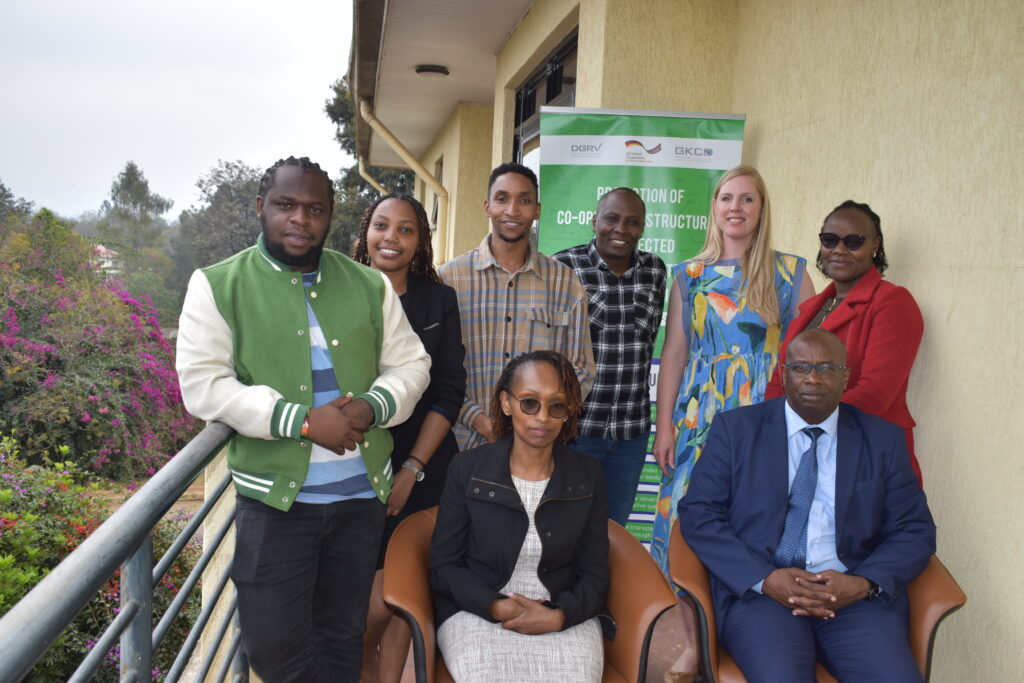
Madeleine Müller
Stanley Migwi
Daisy Rotich
Richard Kibuchi
Jackeline Musuya
Godffrey Kimathi
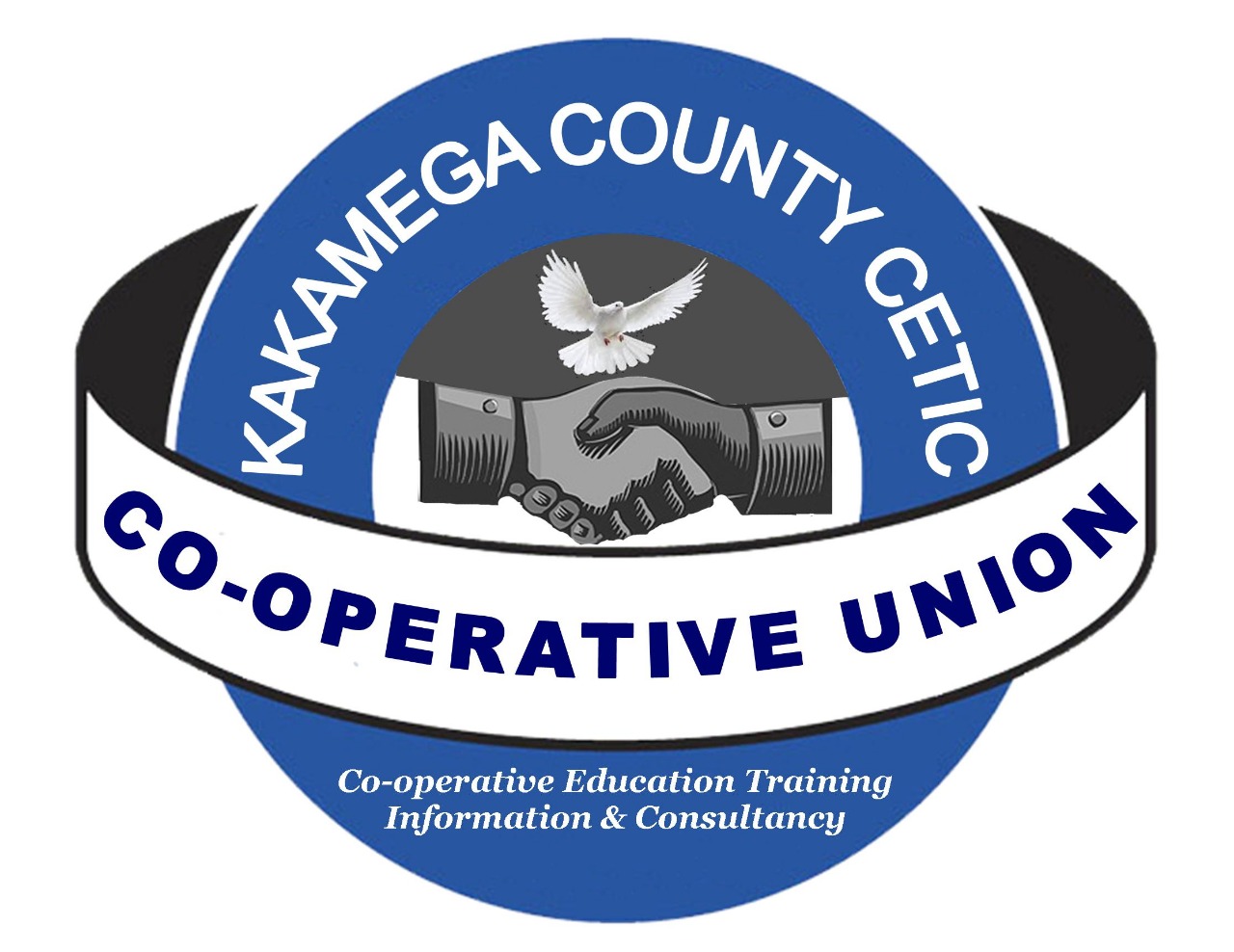
Kipkelion District Cooperative Union Youth Council
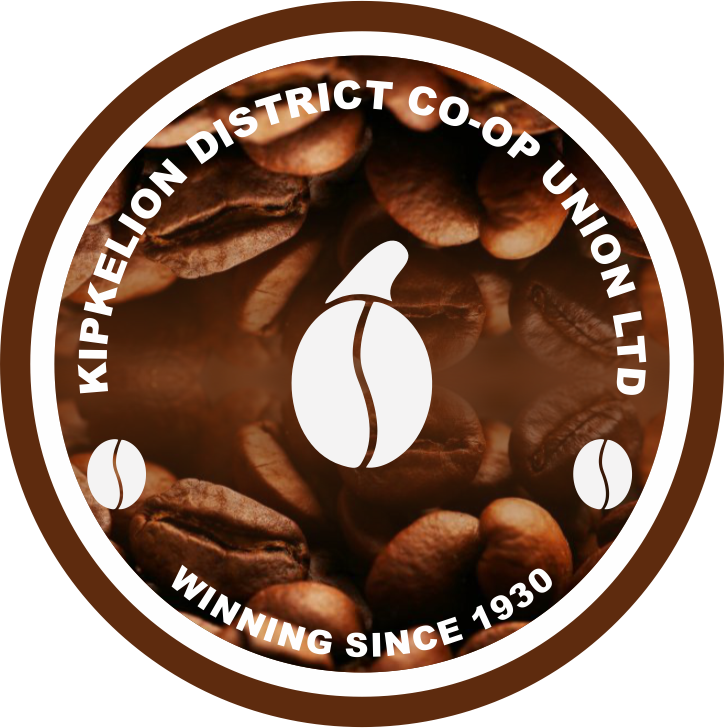
The Co-operative University of Kenya https://www.cuk.ac.ke/
![]()
Ministry of Industry, Trade And Cooperatives http://www.industrialization.go.ke/
German Kenyan Cooperative Development
C/O DGRV Kenya
2nd fl Hardy Post Mall
Ushirika Road
P.O Box 15658-00509
Karen- Nairobi
Kenya
T. +254 (0)746 964499
info@gkcd.co.ke
https://gkcd.co.ke
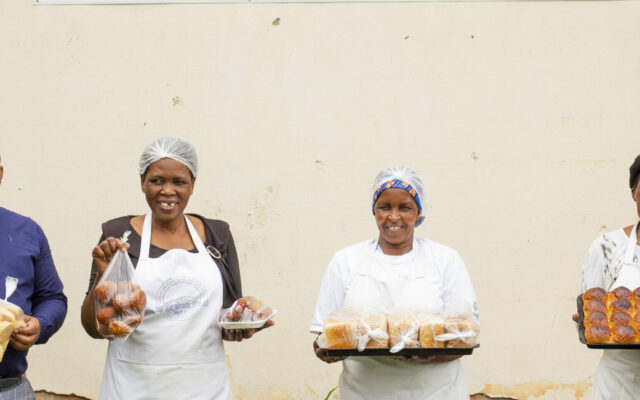 África
África In the small landlocked country of Eswatini we work with a well-established and prosperous cooperative sector which we supported and accompanied in the last couple of years to establish the National Cooperative Federation of Eswatini (NCFE) recognized by the government as the only Apex-body of the entire sector. DGRV is and will support the NCFE […]
Mas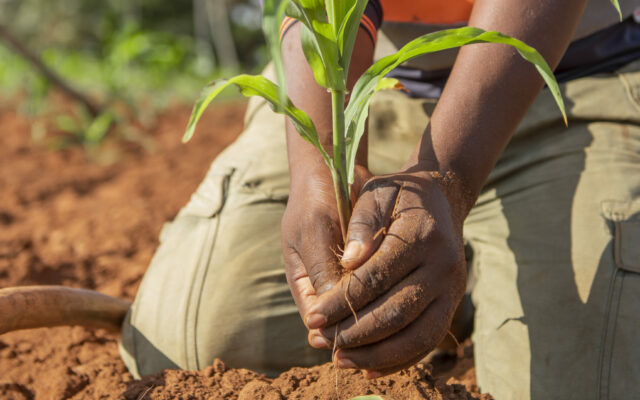 África
África In South Africa we support different governmental institutions, cooperatives as well as traditional, indigenous structures to support primary cooperatives. Cooperatives are an important tool in South Africa to foster economic engagement of marginalized parts of society especially in rural and semi-urban settings. At the same time cooperatives play an important role when it comes to […]
Mas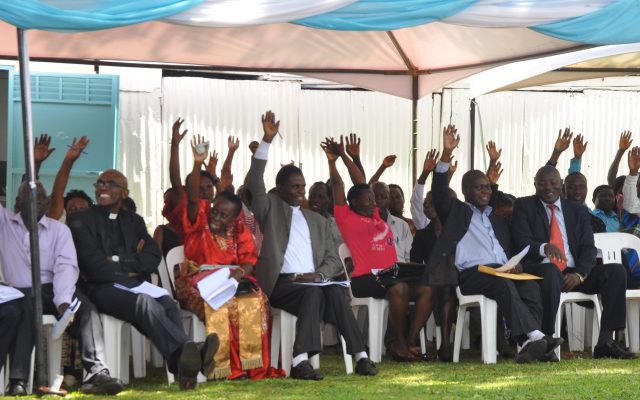 África
África Since 2019, DGRV has been supporting Uganda’s cooperative sector through its office in Kampala. The project follows a medium- to long-term approach, aiming to bring structural improvements through sustainable capacity building and organizational development. Its interventions are purposefully aligned with Uganda’s National Development Plan III (2020/21 – 2024/25). DGRV is legally established as a non-profit […]
Mas